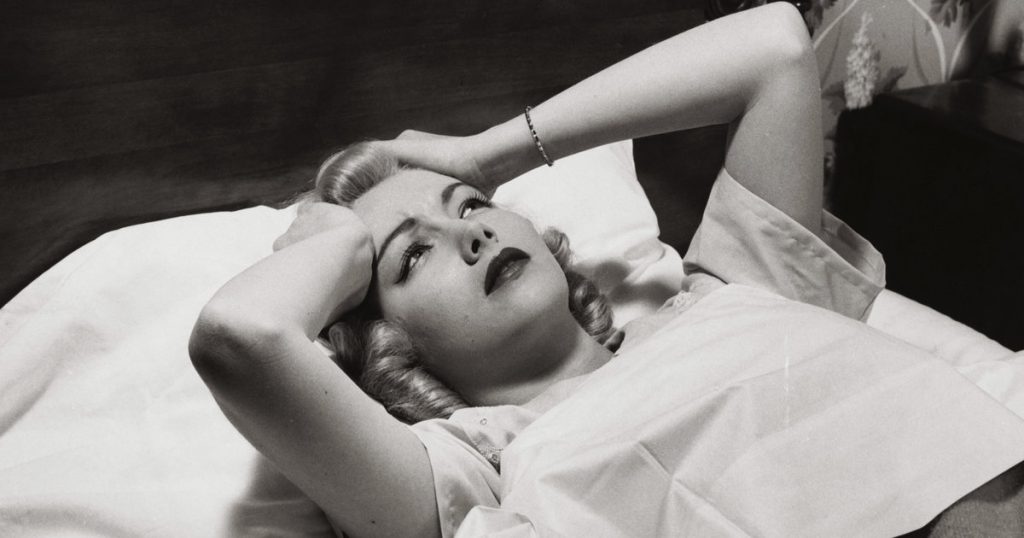Uncategorised
9 Things Guaranteed To Keep You Up At Night
1. Too much caffeine
Having a coffee or tea before bed can be a nice way to wind down after a stressful day. However, the caffeine contained in these drinks can play hell with your sleep process. This ingredient blocks adenosine, a hormone which promotes sleep and tiredness in your brain and keeps you awake. If you want to prevent caffeine fuelled insomnia then try not to drink coffee for at least six hours before you intend on going to bed.
2. Stress and worry
One of the most common causes of insomnia is because of stress and worry. A problem rolling around in your head as you lie through the small hours is never a good thing. Worry produces a hormone called cortisol and high levels of this causes you to only lightly sleep, but not enter the deep state of unconsciousness needed for a proper good night’s rest.
Rather than turning to sleeping tablets or any other quick fix medication, try to address the problem as best you can in your head, or get up and distract your mind with something, before going back to bed again.
3. Exercise
Or more to the point, doing exercise helps you to sleep. Immediately after exercise, the last thing you want to do is sleep. It makes your body temperature rise, produces stress hormones and increases both blood flow and heart rate.
However,, given time the opposite starts to happen, stress hormone levels drop, along with body temperature and heart rate, causing the ideal conditions for a good night’s sleep. Research has shown that exercise reduces the time it takes to fall asleep by twelve minutes and 42 minutes extra kip.
4. An overactive bladder and alcohol
You cannot sleep when you need the loo; fact. Alcohol plays havoc with your kidneys and is a diuretic, which means it creates more liquid to go out than goes in. This causes you to go to the loo more often, especially after a period of moderate or heavy drinking. The relaxant effects of alcohol causes you to wake up more readily from dreams, often followed by a trip to the toilet. With all this liquid leaving your body it causes dehydration and the need for water, which then makes you need to wee again. It’s a vicious cycle which keeps you awake and one which only serves to interrupt the natural process of sleep.
5. TV/computers/mobiles/ipads
Studies done on mobile phone and computer- based screens have created the theory that the radiation and light given off by them is responsible from preventing sleep. Factor in the added distractions of constant social media interactions, emails, texts and late night phone calls, it is best to switch them off and forget about them while you fall asleep.
6. TV and horror films
Watching a horror film or reading a scary book before switching off the lights to go to sleep is not a good idea if you have an overactive imagination. The radiation from TV or ipad screens can also impede sleep, research has shown.
7. Too hot
While asleep our body temperature reduces in order to open up the blood vessels in our hands, feet and face. By having the heating on too high or too many blankets on the bed can prevent this from happening and stop the natural process of sleep.
8. Food
Eating a heavy meal and then expecting to fall asleep is not a good idea as your digestive system is in full swing and you are about to shut it down for the night.. On the other hand, an empty stomach can also prevent sleep because of a build up of ghrelin, which stimulates hunger. Leptin, which tells the brain the stomach is full and gherlin work opposite eachother in a see-saw motion. It is best to have a balance of these hormones before you settle down for the night if you can.
9. And finally.. The Wrong Mattress
Comfort is one of the biggest reasons for a lack of sleep. Sleeping on an uncomfortable mattress every night can disrupt the process. The negative effects of a lack of rest will apply, including weight gain, unbalanced emotions, more risk of diseases and many more defects which occur.
If you are finding it difficult to sleep it is best to start at the very beginning and buy a mattress which suits YOU the best.

